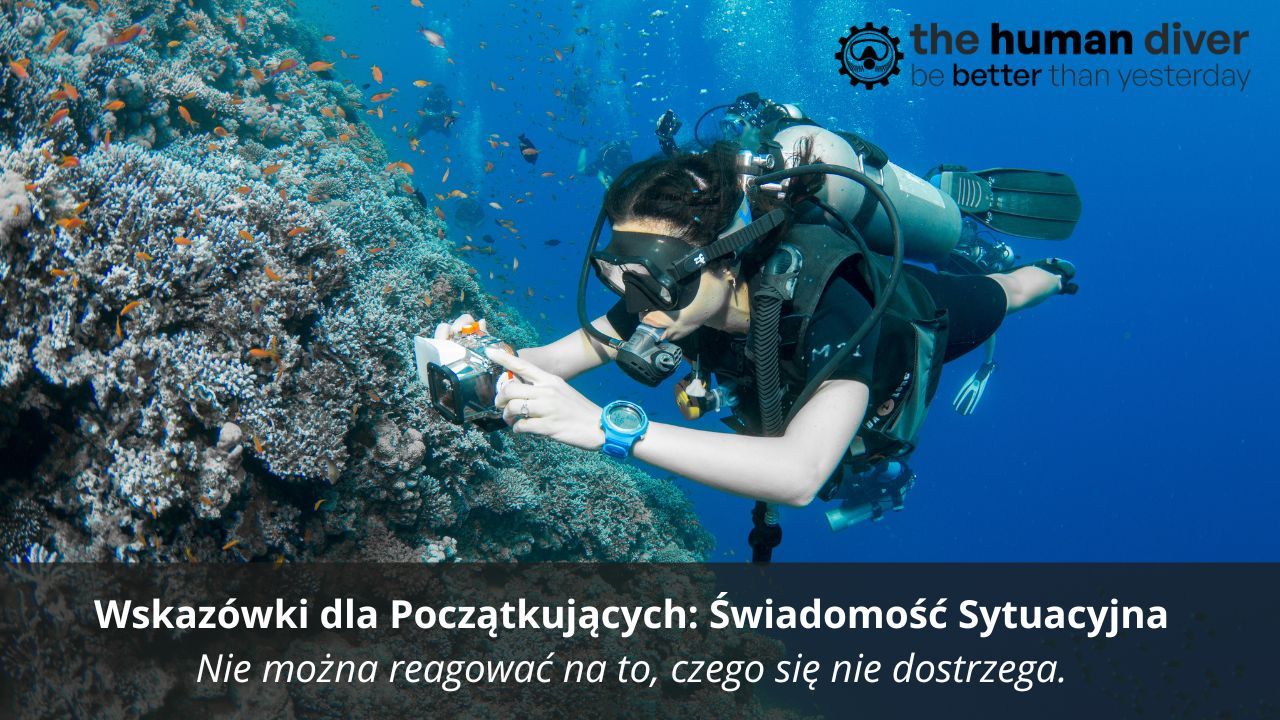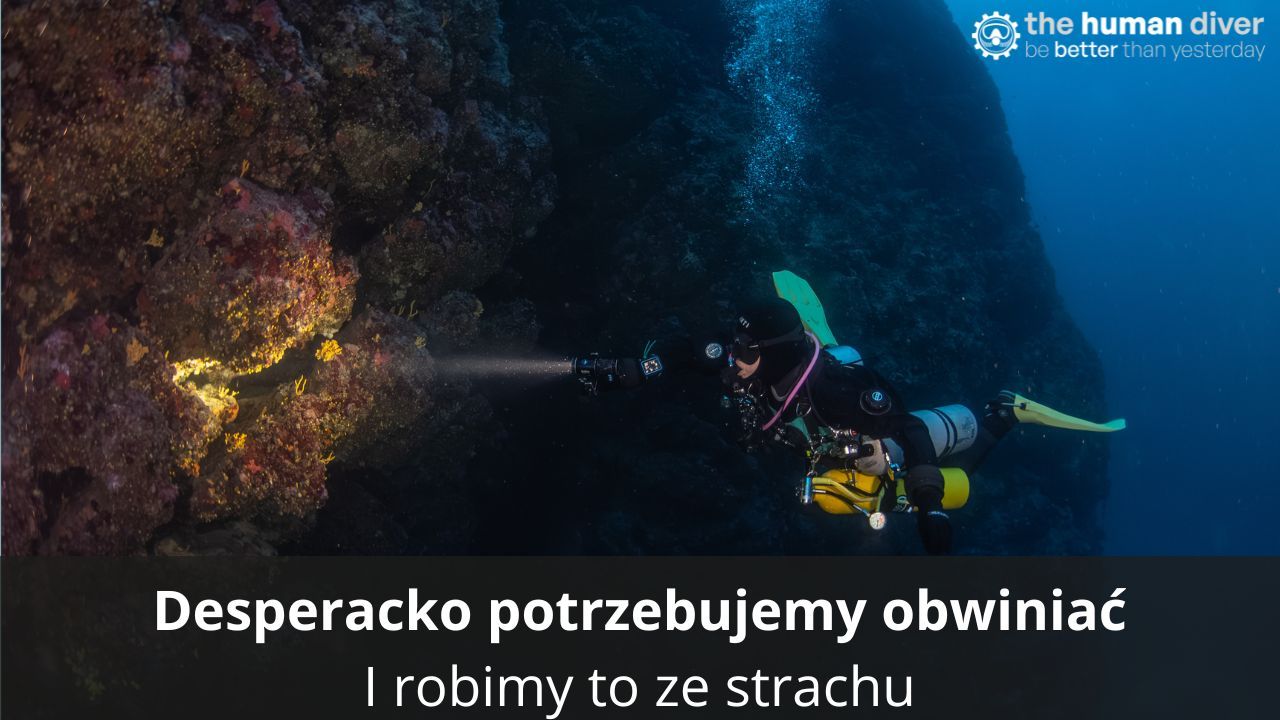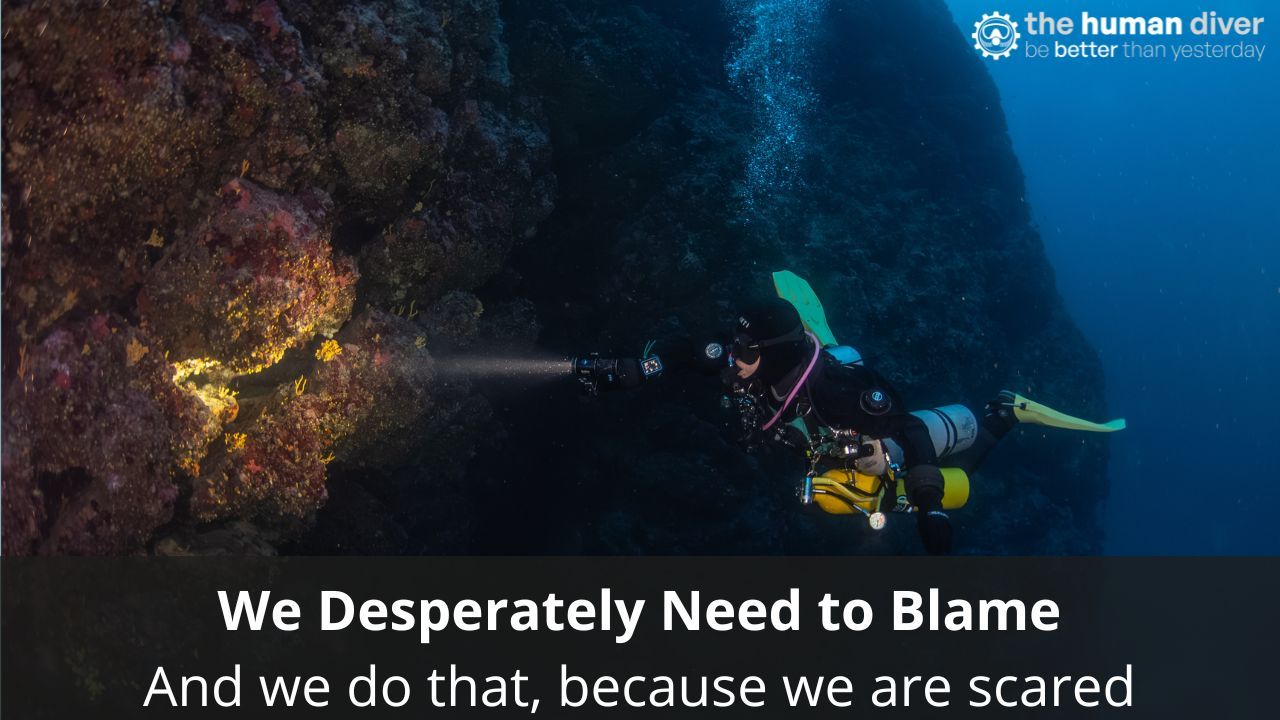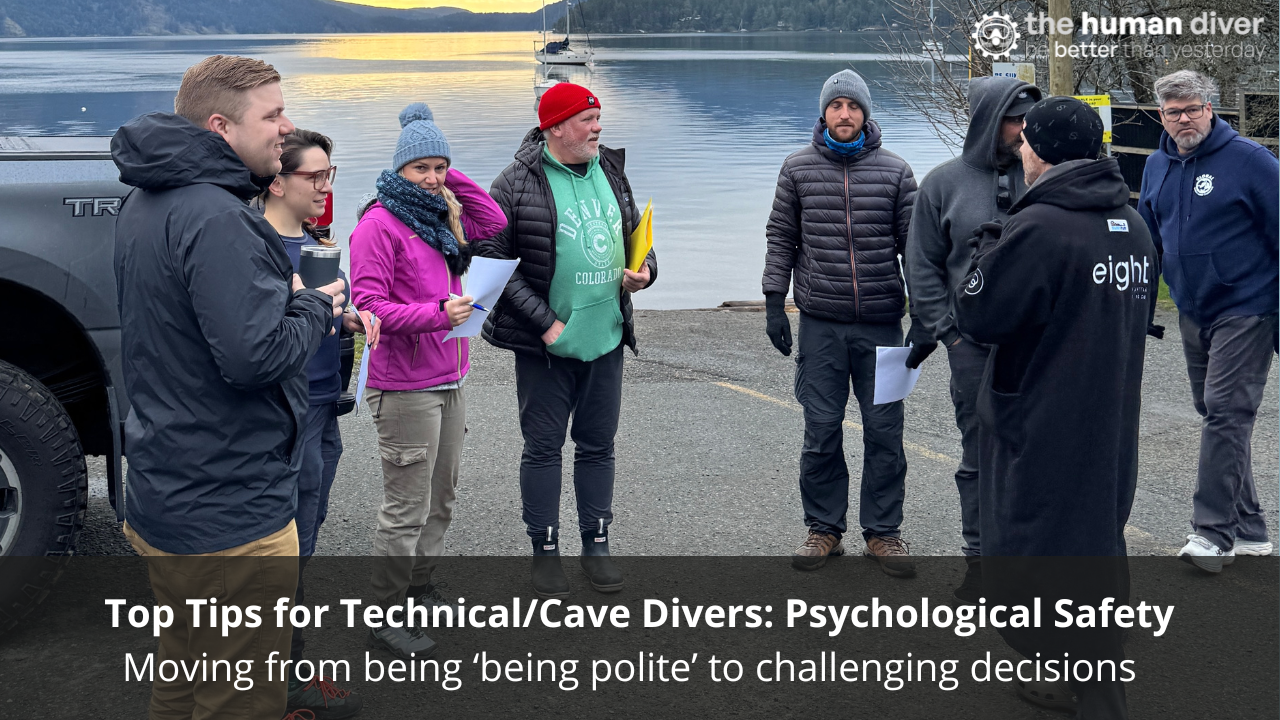
Top Tips for Beginner Divers: Psychological Safety & Just Culture
Jul 29, 2025A Stranger in the Group
It was Paul’s first dive at a new dive site. His usual buddy got sick and could not join him, but Paul decided to go anyway as he had already paid for the trip. He arrived early, boarded the boat, and assembled his equipment; the other seven divers arrived together a few minutes later and did the same, talking among themselves all the time – it was clear to Paul that this group dived together a lot and was familiar with the boat and the site.
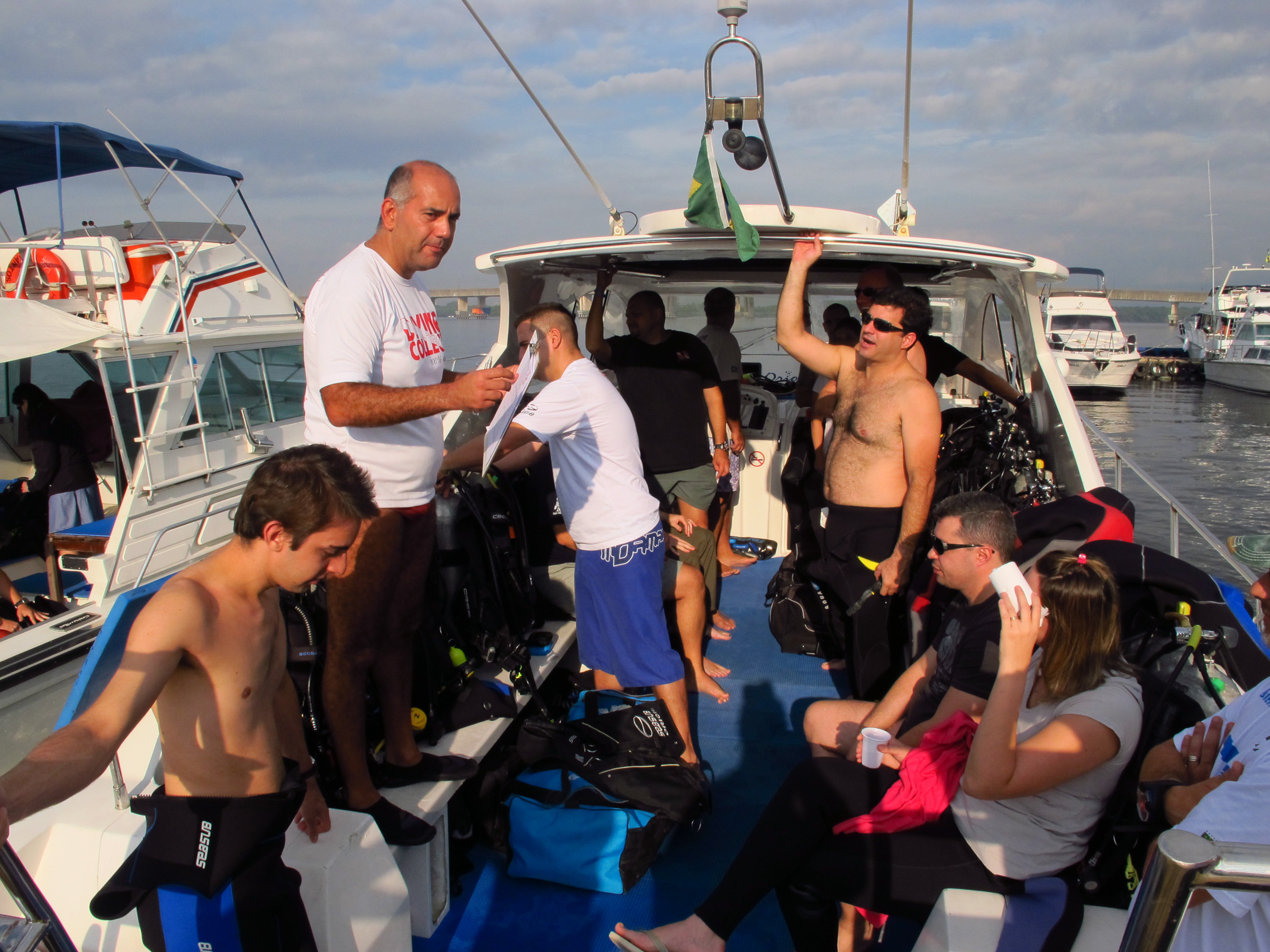
On the way to the dive site, the captain asked who the buddy pairs were, and as Paul did not have a buddy, John, an instructor from the group, offered to pair with him. John seemed to be very experienced but kept talking to his own group. Paul had some questions about the dive but was not comfortable interrupting John to ask.
After the boat was tied to the buoy at the dive site, the captain started his briefing but was immediately interrupted by one of the group who said, “Captain, we do not want to hear your story about this site for the 100th time! We have all been here before!” Paul tried to interrupt to ask his questions, but the captain turned his back and said, “You are right, everyone has been here a lot of times.”
John approached Paul, quickly checked his equipment, and decided they were ready to dive. Paul told him that he was not familiar with the site and the boat procedures, but John answered, “Don’t worry, the dive is easy, and we dive like anywhere else, there is nothing different. Let’s go because we are losing precious dive time.” Afraid of delaying John or the rest of the group, Paul kept quiet and jumped in the water.
The group drifted and swam with the current (which Paul found strange but did not say anything) for about 20 minutes and then turned back against the current to return to the boat. After a few minutes, Paul felt that he was lagging behind the group and started to swim harder. John was in the front leading the way. Paul saw his air supply dwindle with the effort and was not able to rejoin the group, deciding to surface alone a few minutes later.
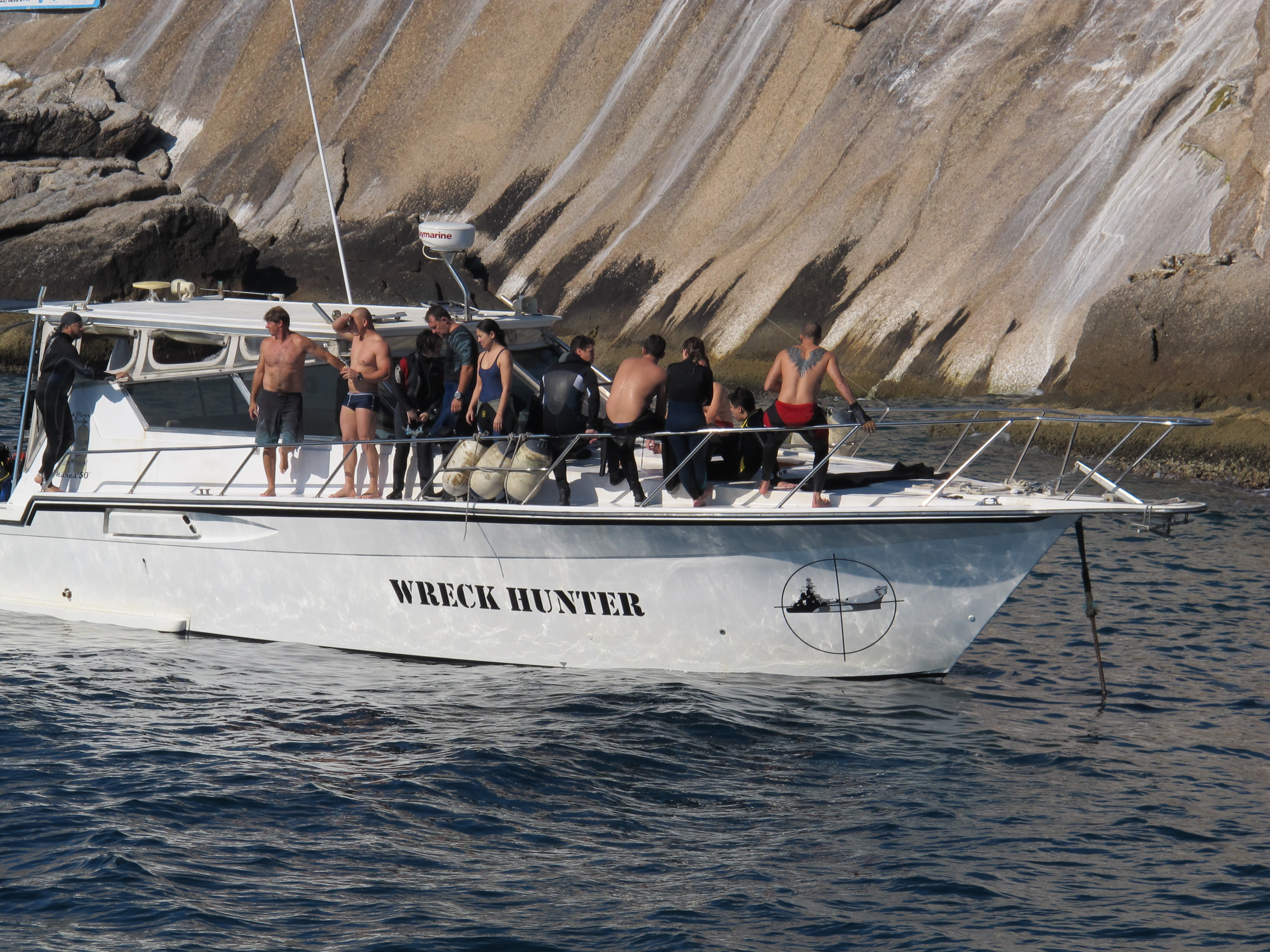
He had no SMB and they had not discussed any buddy separation protocols but luckily, the boat was already in sight, and the captain went to pick him up on an inflatable, and everything was OK. But why did this happen? Why didn’t Paul ask his questions before the dive?
Why didn’t Paul ask his questions before the dive?
A few weeks ago we published a blog about Performance Influencing Factors where we discussed how external factors can influence your performance. What we see in Paul’s story is a little different.
Being part of a team is more than being a member of a group. In a team, one must be able to ask questions, speak up with concerns, deliver bad news, and take other interpersonal risks without fear of being humiliated or having negative consequences. This is not something that you “establish” in a group but something you build with time and purpose. It is called Psychological Safety.
Along with psychological safety, great teams share another trait called Just Culture, where members are encouraged to admit and report errors without the fear of punishment while at the same time individuals are held accountable for their actions, especially those that neglect established procedures or cause harm.
In Paul’s example, he did not speak up because he was afraid of being ridiculed or even excluded from the group, as he felt he was not part of it and did not feel confident to interrupt, ask questions, and challenge decisions such as starting the dive in the direction of the current.
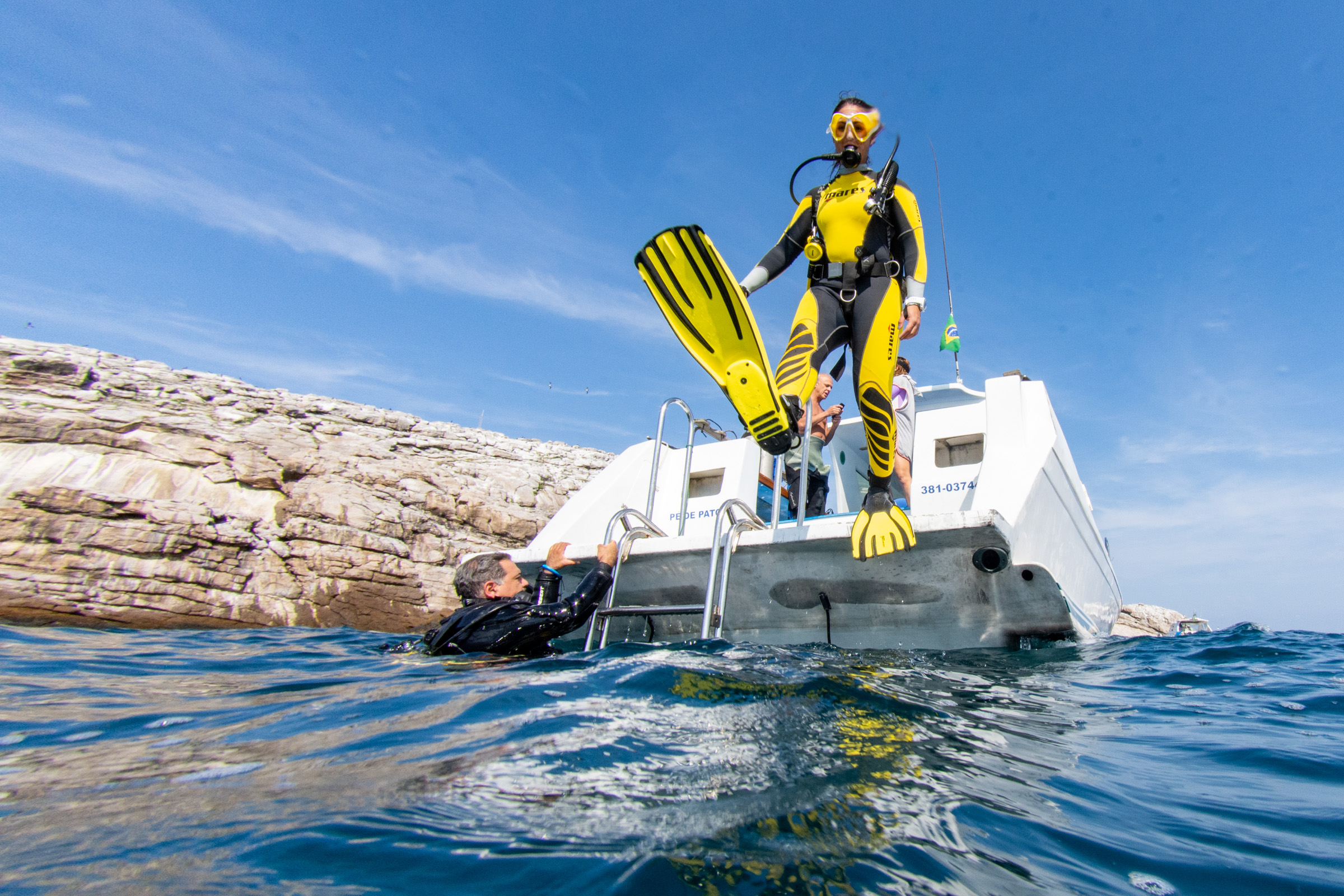
Practical Tips – Being Part of a Psychologically Safe Environment
But how can you help in building a psychologically safe environment and in having a just culture in your diving team? Here are a few things you can do.
- Share your failures – Did you get lost while exploring a new wreck? Share this with your team after the dive. When you share your failures with your team, you are showing them that you, as any human, can make mistakes. This helps other people open up, especially when you are in a leadership position.
- Ask for feedback – You may think you did everything right on your dive, but your buddy may have noticed things you didn’t. When you explicitly ask for feedback from your team (What did I do well? What can I improve?), you are showing the team that you are willing to learn and accept criticism. And, please, actively listen to the feedback, analyze, and act on it!
- Replace blame and criticism with curiosity – When something goes wrong, do not try to assign blame to a team member or start criticizing their performance. People usually do not make mistakes because they want to. Instead of saying “we got separated because Paul took too long to get in the water,” start by asking “why did we get separated? How can we avoid this in the future?”, not accusing but trying to understand the circumstances that led to the issue.
- Avoid confrontation – Teams are built on trust and collaboration; confrontation usually does not help. Try a collaborative approach such as “How can WE do better next time?” But be aware that this does not mean you cannot be direct and assertive with your teammates; there are situations where you must confront people who break team rules on purpose or are negligent.
- Support those who open up and shut down toxic behavior – By openly supporting those who open up and/or share their mistakes, you are encouraging this person to continue to do so and the others to do the same. But if you have someone in the group that unnecessarily criticizes someone else, despises feedback, or disrespects someone, you must defuse this toxic behavior before it contaminates the team.
Summary
Psychological safety and just culture are the basis of learning teams. Without them, the team members may not learn from their failures and successes, and teamwork will be jeopardized.
If you want to lead or be part of a high-performance team in diving, start by building an environment where everyone can speak up and share opinions. Help the team look for the real reasons behind unintended outcomes, avoiding assigning blame and punishment. By doing this, you will be helping everyone to become a better diver.
Pedro Paulo ‘PP’ Cunha graduated in naval engineering and has worked for over 35 years in the management of mission-critical IT operations in major financial institutions. He has been diving since 1983, is a photographer, and a technical CCR diver. He has been an instructor since 1986, and was one of the first technical diving instructors certified in Brazil (1995).
In 2020, he began learning about Human Factors and Non-Technical Skills in Diving with Gareth Lock, becoming fascinated by the subject and continuing his studies until graduating as an instructor with The Human Diver in 2023. Since then, he has been teaching courses and seminars in Brazil and abroad on the topic, aiming to promote diving safety and learning through incidents and accidents, as well as offering training in the field for companies involved in high-risk activities.
If you'd like to deepen your diving experience, consider the first step in developing your knowledge and awareness by taking the Essentials of HF for Divers here website. If you're curious and want to get the weekly newsletter, you can sign up here and select 'Newsletter' from the options
Want to learn more about this article or have questions? Contact us.



